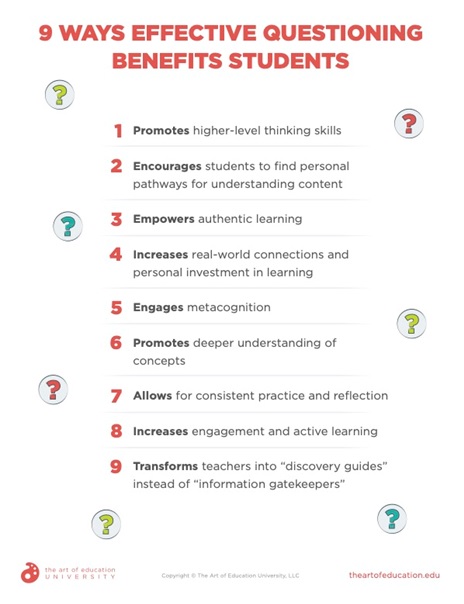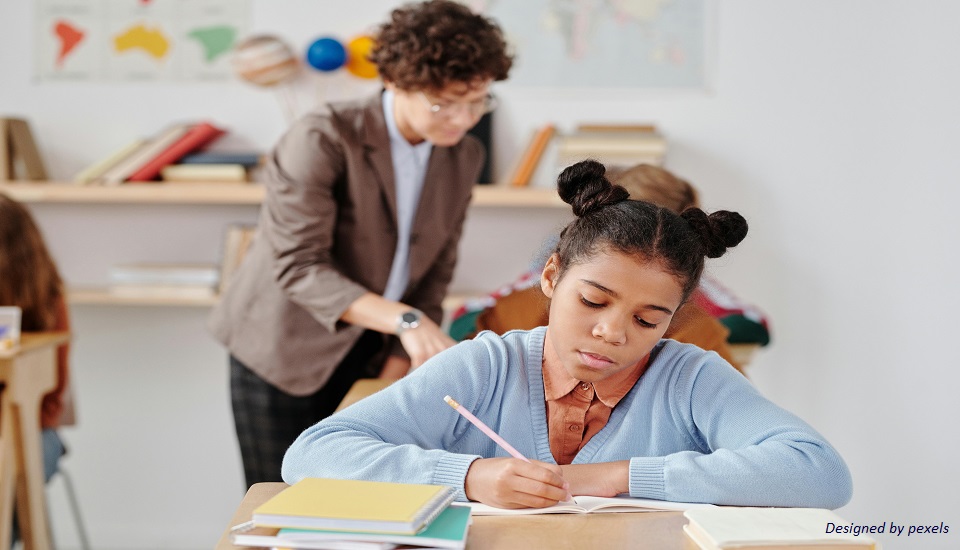Asking the right questions in the classroom can change everything about how your students learn and participate. You might have heard that good questions are important for teaching. But have you ever thought about why some questions create better discussions and get more thoughtful answers?
Teachers who completed teaching courses in Mumbai understand the importance of engaging students through meaningful questions. How you ask something can make students think deeply or stop them from sharing ideas.
The Role of Questions in the Learning Process
Questions do more than just check what students know. They help students think deeper, reflect on ideas, and get creative. Studies show students who actively answer questions improve their thinking skills by 25% compared to students who just listen.
Good questions guide learning, make students curious, and keep them interested. The right question can make students question what they believe, think about their ideas, and start talks that help everyone learn more.

Source: theartofeducation.edu
3 Strategies for Asking Better Questions
Now, let's look at three ways to ask better questions in your classroom.
1. Ask About Possibilities, Not Just Problems
Many teachers ask about problems, like 'What went wrong here?' or 'Why did this fail?' These questions have their place, but they limit how students think. Try asking about possibilities instead.
Questions about possibilities help students think beyond the problem and focus on solutions and improvements. Instead of talking about failure or mistakes, this approach helps students believe they can grow and overcome challenges. For example, instead of asking, 'What was wrong with this experiment?' ask, 'What could you try next time to get better results?'
Research shows that students who think about possibilities, not just problems, are more likely to take risks and approach tasks with a positive, solution-finding mindset. It builds toughness and encourages creative thinking.
- Instead of: 'Why did you make that mistake?' Ask: 'How would you make this better next time?'
- Do not say, "What went wrong with the project?' Ask: 'What could you do differently to make this even better?'
By focusing on possibilities, you help students see challenges as chances to grow, not failures to avoid.
2. Ask More Specific Questions to Get Clearer Answers
When asking questions, being specific is key. Vague or broad questions often get vague answers. Specific questions guide students toward focused thinking and more detailed responses.
Think about it: If you ask, 'Can you tell me about this topic?' your students might give a general answer. But if you ask, 'Can you explain the three main reasons why this happened?' you are narrowing the focus and encouraging a more detailed, specific response. Teachers who graduated from the online Teacher Training Course in Mumbai support this approach. Also, a study found that students gave more focused and insightful answers when teachers asked clear, specific questions instead of broad ones.
- Instead of: 'Can you tell me about the industrial revolution?' Ask: 'What were the three main causes of the industrial revolution?'
- Instead of: 'What is this book about?' Ask: 'How does the main character's decision change the story?'
When questions are specific, students focus on particular details, which helps them understand the material more deeply. This technique also helps avoid confusion and encourages students to think carefully about the topic.
3. Ask Questions That Make Students Reflect
Questions that ask students to think and reflect are powerful because they make students think about their thinking. These questions encourage self-checking, personal reflection, and better thinking skills. They help students connect new knowledge to what they already know and make learning more personal and meaningful.
For instance, instead of asking, 'What did you learn from this chapter?' try asking, 'How did this chapter change what you understand about the topic?' Thoughtful questions ask students to go beyond remembering facts and engage with the material.
- Instead of: 'What did you learn from this lesson?' Ask: 'How did what you learned today change how you think about this topic?'
- Instead of: 'Do you understand this concept?' Ask: 'How would you explain this concept to someone who knows nothing about it?'
Let your students develop a deeper understanding of the content and think about how it applies to their experiences.
Bottom Line
Educators who graduated from the Teacher Training Institute in Mumbai know that asking better questions is one of the most powerful tools for teaching. By using these three strategies in your teaching, you can engage your students more effectively, encourage critical thinking, and create a more active learning environment. So, the next time you prepare for a lesson, ask yourself: How can I challenge my students to think critically, reflect deeply, and grow as learners?
Written By : Varsha








